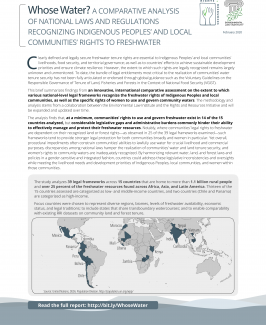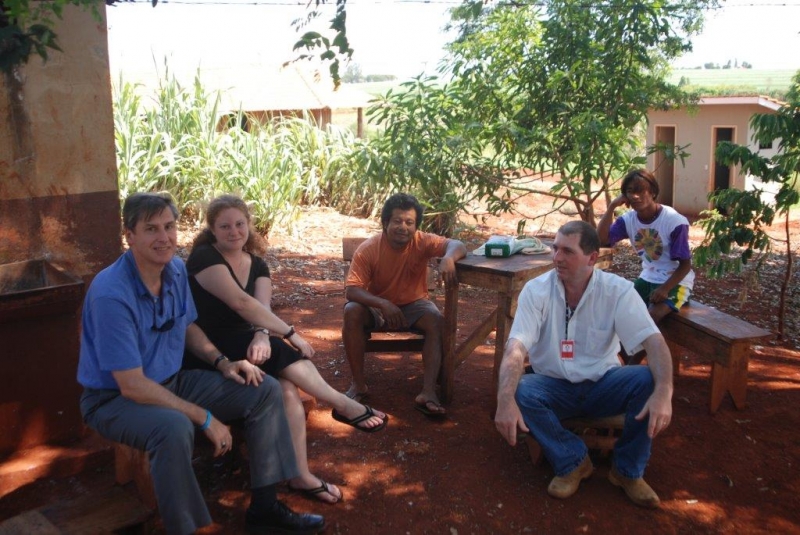Elevating Women’s Leadership for Effective Transboundary Water Cooperation

Water is life. All living things depend on water; human society depends on water. We need water for drinking, sanitation, food security, biodiversity, sustainable development—truly everything. Even though water is necessary for life, so many of us lack access to water. Water scarcity and water pollution are worsening, all while water demand is increasing.

 Water is essential for human health and well-being, sustains livelihoods, food security, and ecosystems, and is integral to economic development. Yet, an estimated 2.3 billion people live in water-stressed countries. While this scarcity can be physical, it is often a result of poor governance.
Water is essential for human health and well-being, sustains livelihoods, food security, and ecosystems, and is integral to economic development. Yet, an estimated 2.3 billion people live in water-stressed countries. While this scarcity can be physical, it is often a result of poor governance.